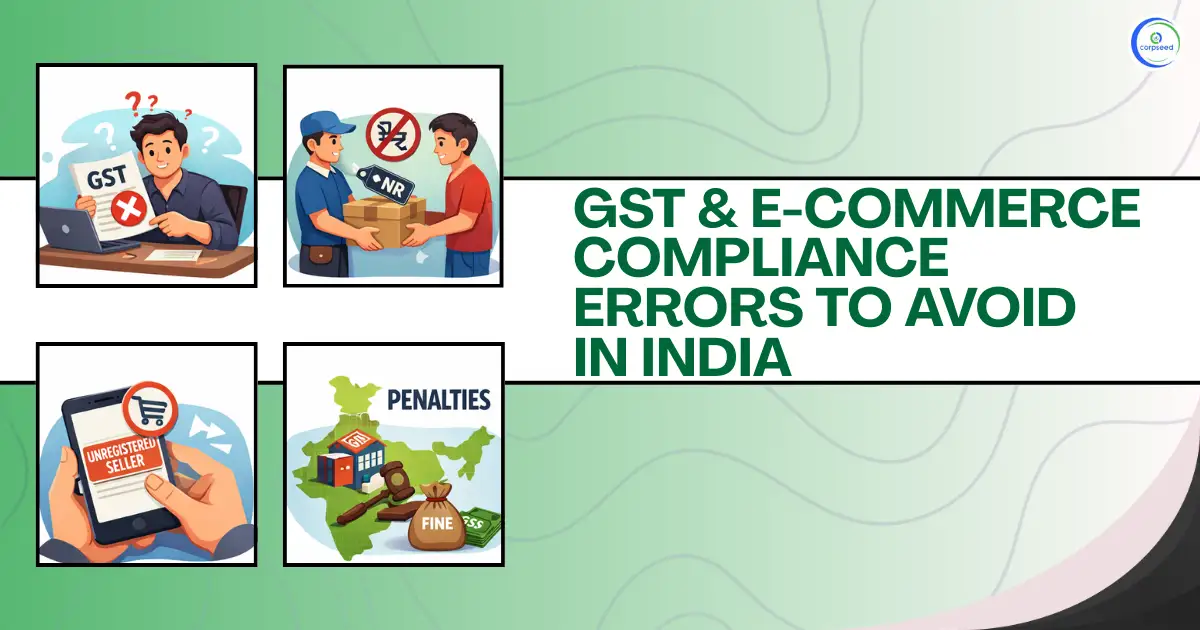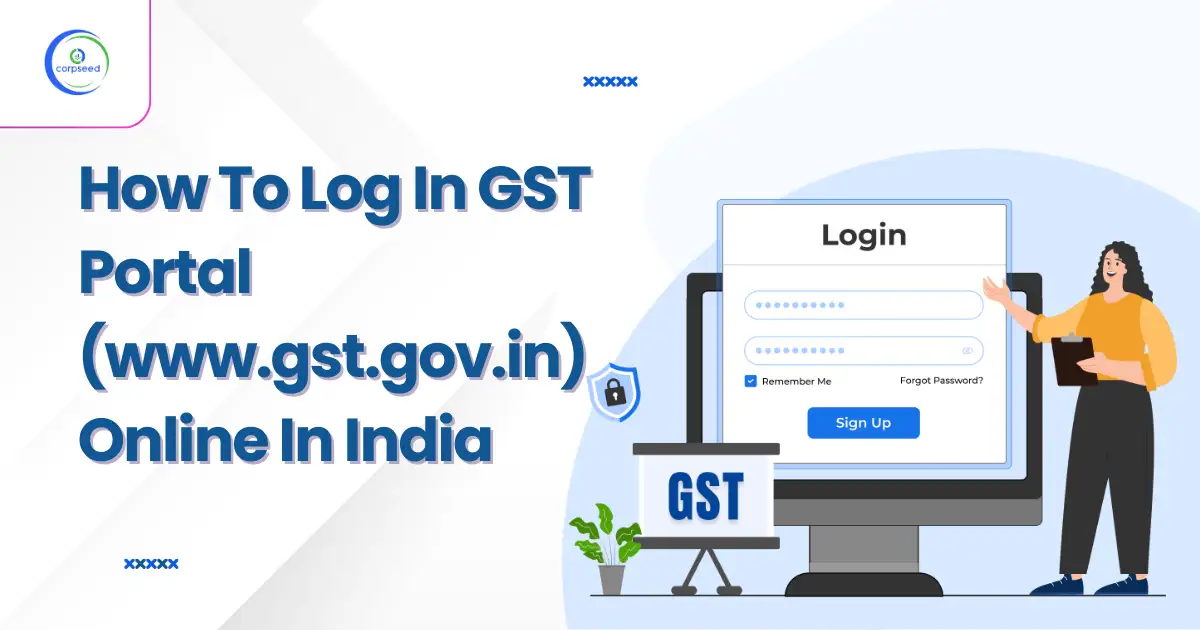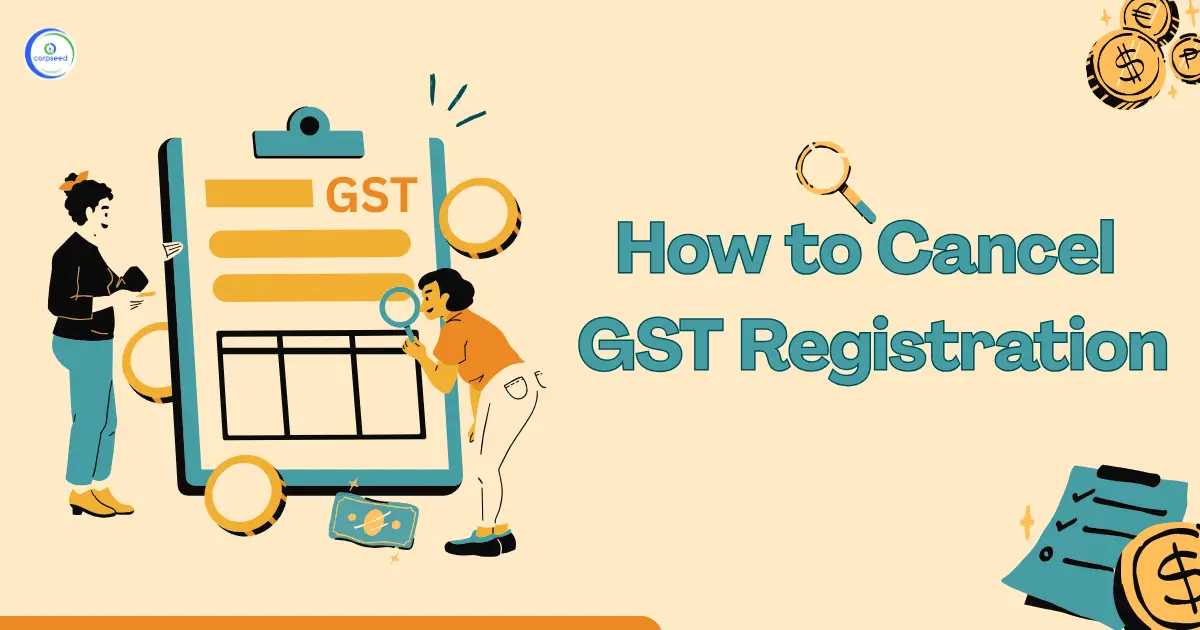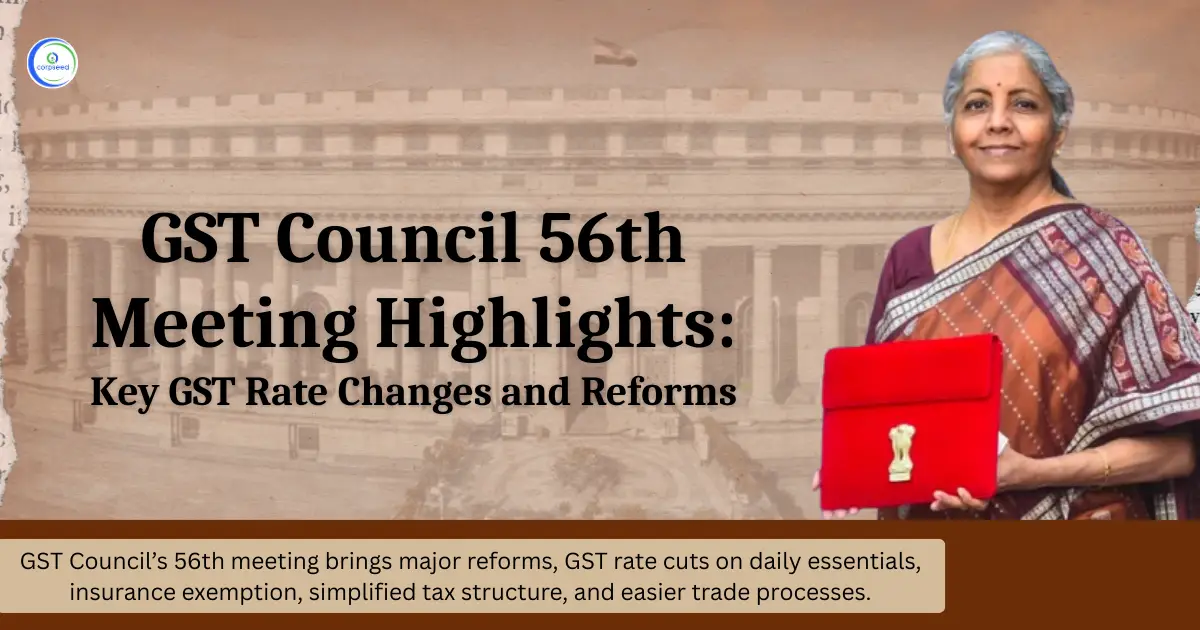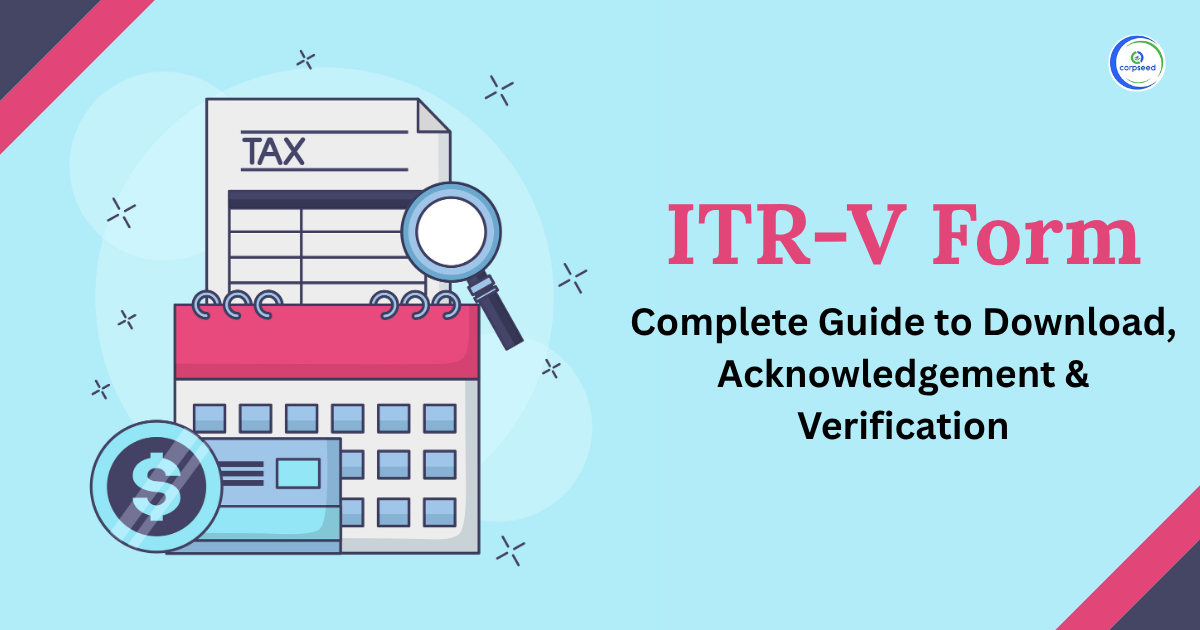Introduction: Tax Returns
Tax is a financial levy or any type of charge imposed upon a taxpayer (an individual or other legal entity) by a governmental organization in order to fund various public expenditures. The tax imposed on companies/partnership firms is known as corporate tax and is levied at a flat rate. However, individuals are taxed at various rates according to the income slab in which they fall Charitable organizations are mostly exempt from tax.
Table of Contents
Types of taxes
Direct tax:- It is a tax that is directly paid to the Union Government on income. To name a few of the direct taxes, which are imposed by the Government are:
- Personal Income Tax
- Banking Cash Transaction Tax
- Corporate Tax
- Capital Gains Tax
- Double Tax Avoidance Treaty
- Fringe Benefit Tax
- Securities Transaction Tax
- Tax Incentives
Indirect tax:- As opposed to direct taxes, a tax levied on some specified services or some particular goods. It is taxation on expenditure; It is not levied on any particular organization or an individual. All the activities, which, are included in the range from manufacturing goods and delivery of services to those meant for consumption fall within the periphery of this taxation, other than these, the varied activities and services, which are related to import, trading, etc. are even included within this range. This covers taxes like GST, and excise duties (tax on cigarettes, alcohol, etc.).
Municipal or Local Taxes in India
It is levied by the local municipal jurisdictions on the entry of goods, known as the Entry Tax or the Octopi Tax.
Income Tax Returns
An income tax is a tax to be paid by individuals or entities (taxpayers) that varies as per their income or profits.
Filing Income Tax Returns is mandatory for all Indians, including NRIs, with a total income of above Rs 2.5 lakh, before permissible deductions under Sections 80C to 80U. The limit for senior citizens (above 60 years) is Rs 3 lakh while that for those who are aged 80 and above called super senior citizens - is Rs 5 lakh. However, those out of the tax bracket should also file “Nil returns” as it works as proof when applying for a passport or availing Loan.
To bring more people under the tax net, the government in budget 2019 have made it mandatory for more categories of people from the next assessment year –
- People who have deposited more than Rs 1 crore in a bank account.
- People who have bought foreign exchange of over Rs 2 lakh.
- People who have paid electricity bill of more than Rs 1 lakh.
Who is required to file ITR?
Other than individuals, Hindu Undivided Families [HUFs], Association of Persons [AOPs], Body of Individuals [BOIs], Firms, LLPs, companies, local authorities, political parties, educational or medical institutions, and trade unions have to file income tax returns. The last date for filing ITRs for FY19 is July 31.
For Individuals as Per CBDT (Central Board of Direct Taxes) in India following income tax return forms are applicable:
- ITR-1
- ITR-2
- ITR-2A
- ITR-3
- ITR-4
- ITR-4S
For Companies and Firms following income tax return forms are applicable:
- ITR-5
- ITR-6
- ITR-7
|
ITR forms |
Meant for Whom |
|
ITR 1(SAHAJ) |
Resident Individuals having income less than Rs.50 Lakhs. From Salary/pensioners, one house property, other sources. |
|
ITR 2 |
Having income ITR1>50 lakhs, Capital gains, More than one house property, foreign Income/Asset. Holding Directorship in a company, holding unlisted equity share. |
|
ITR 3 |
Every income from ITR 2 Business/Profession, As a Partner in a firm Presumptive income>50 lakhs. |
|
ITR 4 OR SUGAM |
Every income from ITR 1. Presumptive income >50 lakhs Salary/pension, Partnership firms (other than LLPs) Other sources, one house property |
|
ITR 5 |
Applicable to FIRM’s, LLP’s, AOP’s, BOI’s |
|
ITR 6 |
Companies not claiming exemption u/s 11 |
|
ITR 7 |
Persons/Companies under Section 139 (4A, 4B, 4C,4D) |
|
ITR Form |
Applicable to |
Salary |
House Property |
Business Income |
Capital Gains |
Other Sources |
Exempt Income |
Lottery Income |
Foreign Assets/ Income |
Carry Forward Loss |
|
ITR 1 / Sahaj |
Individual, HUF (Residents) |
√ |
√ (One House Property) |
X |
X |
√ |
√ (Agricultural Income < Rs 5,000) |
X |
X |
X |
|
ITR 2 |
Individual, HUF |
√ |
√ |
X |
√ |
√ |
√ |
√ |
√ |
√ |
|
ITR 3 |
Individual or HUF, partner in a Firm |
√ |
√ |
√ |
√ |
√ |
√ |
√ |
√ |
√ |
|
ITR 4 |
Individual, HUF, Firm |
√ |
Yes(One House Property) |
Presumptive Business Income |
X |
√ |
√ (Agricultural Income < Rs 5,000) |
X |
X |
X |
|
ITR 5 |
Partnership Firm/ LLP |
X |
√ |
√ |
√ |
√ |
√ |
√ |
√ |
√ |
|
ITR 6 |
Company |
X |
√ |
√ |
√ |
√ |
√ |
√ |
√ |
√ |
|
ITR 7 |
Trust |
X |
√ |
√ |
√ |
√ |
√ |
√ |
Documents required for filing ITR
Taxpayers have to choose the ITR form applicable to them for the AY 2019-20.
Link Aadhar with PAN on or before the filing of income tax returns.
For Salaried Employees
- PAN
- Form-16 issued by your employer
- Month-wise salary slips
From the AY 2019-20, it is essential to disclose in the IT return information on all taxable allowances received and the amount claimed exempt. e.g., house rent allowance, leave travel allowance etc.
Documents related to interest income
- Bank statement/passbook for interest on a savings account.
- Interest income statement for fixed deposits.
- TDS certificate issued by banks and others.
Form 26AS
It is a summary of taxes deducted on your behalf and taxes paid by you.
It shows details of tax deducted by deductors on your behalf, details on tax deposited by taxpayers and tax refund.
Section 80 Investments
Investment made u/s 80 which qualify for deductions under PPF, NSC, ULIPS, ELSS, and LIC.
Documents Required to Claim Deductions
- Contribution to Provident Fund
- Children’s school tuition fees
- Payment of Life insurance premium
- Stamp duty and registration charges
- Principal repayment on home loan
- Equity Linked Savings Scheme/Mutual Funds investment
- Rs. 1.5 lakhs is the maximum amount that can be claimed under Section 80C.
Other Investment Documents
Total loss from house property available for set off against other income is capped at Rs 2 lakhs and therefore, for let out property interest on housing loan is eligible for tax saving up to Rs 2,00,000.
Education loan interest payments.
The stock trades that were made during the year may be taxed under Capital Gain.
New Income Tax Slabs and Rates for Financial Year 2019-20
- For Individual Tax Payers & HUF (Less Than 60 Years Old)
|
Income Tax slab (INR) |
Tax rate |
|
Up to 2,50,000 |
Nil |
|
2,50,000 to 5,00,000 |
5% of total income above 2,50,000 |
|
5,00,000 to 10,00,000 |
12,500 + 20% of total income above 5,00,000 |
|
Above 10,00,000 |
1,12,500 + 30% of total income above 10,00,000 |
Note: An additional 4% Health & education cess will be applicable on the tax amount calculated above.
Surcharge: 10% of income tax, when total income exceeds Rs.50 lakh up to Rs.1 crore.
15% of income tax, when total income exceeds Rs.1 crore.
- For Senior citizens (60 yrs to 80 yrs)
|
Income Tax slab (INR) |
Tax rate |
|
Up to 3,00,000 |
Nil |
|
3,00,000 to 5,00,000 |
5% |
|
5,00,000 to 10,00,000 |
20% |
|
Above 10,00,000 |
30% |
Note : An additional 4% Health & education cess will be applicable on the tax amount calculated above.
Surcharge: 10% of income tax, when total income exceeds Rs.50 lakh up to Rs.1 crore.
15% of income tax, when total income exceeds Rs.1 crore.
- For super Senior citizen (80 yrs and above)
|
Income Tax slab (INR) |
Tax rate |
|
Up to 5,00,000 |
Nil |
|
5,00,000 to 10,00,000 |
20% |
|
Above 10,00,000 |
30% |
Note: An additional 4% Health & education cess will be applicable on the tax amount calculated above.
Surcharge: 10% of income tax, when total income exceeds Rs.50 lakh up to Rs.1 crore.
15% of income tax, when total income exceeds Rs.1 crore.
This portion of the site is for informational purposes only. The content is not legal advice. The statements and opinions are the expression of author, not corpseed, and have not been evaluated by corpseed for accuracy, completeness, or changes in the law.
BOOK A FREE CONSULTATION
Get help from an experienced legal adviser. Schedule your consultation at a time that works for you and it's absolutely FREE.


